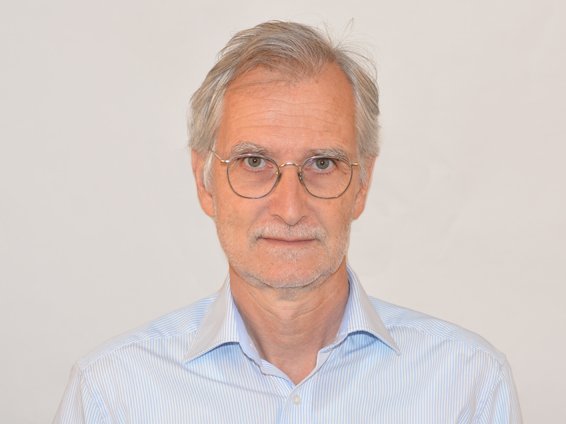The Dieter Möhl Medal is a CERN sponsored award “to acknowledge the contributions of our colleagues working in the domain of particle beam cooling”. Every two years since 2013 at the COOL conferences, the medals are awarded in two categories. This year’s COOL’21 took place in virtual mode. Name patron Dieter Möhl was a CERN physicist and a driving force behind CERN’s low energy antiproton programme.
After studying physics at the TU Berlin, Andreas Wolf went to the University of Karlsruhe/CERN for his doctorate. He then worked as a PostDoc at the Karlsruhe Research Centre/CERN and in 1993 moved to the University of Heidelberg as a university assistant, where he had already habilitated in 1992. He has been a staff scientist at the MPI for Nuclear Physics since 1997 and an Adjunct Professor at Heidelberg University since 1998.
Over many years, Andreas Wolf worked on atomic and molecular physics using merged ion and electron beams in ion storage rings, as an application of the electron cooling technique. This atomic physics work was done especially at the TSR with its electron cooler at the Max Planck Institute for Nuclear Physics. In the beginning it was focused on the at this time almost unexplored dielectronic recombination of atomic ions. He further led the construction of a photocathode electron cooler for the TSR, where record energy resolutions were achieved for resonant recombination studies with both, atomic and molecular ions. A dedicated detector beam line for the imaging of molecular recombination events established the electron cooler as a tool for chemical physics studies, analysing the dissociative recombination reaction in polyatomic molecules. Since 2004, he also strongly promoted the construction of the cryogenic storage ring CSRat the MPIK, the only facility of this kind equipped with an electron cooler. The electron cooler makes the CSR a unique tool for chemical physics studies under conditions of interstellar space where, at a few kelvin temperature, binary electron reactions with rotationally cold molecular ions at play an important role.
